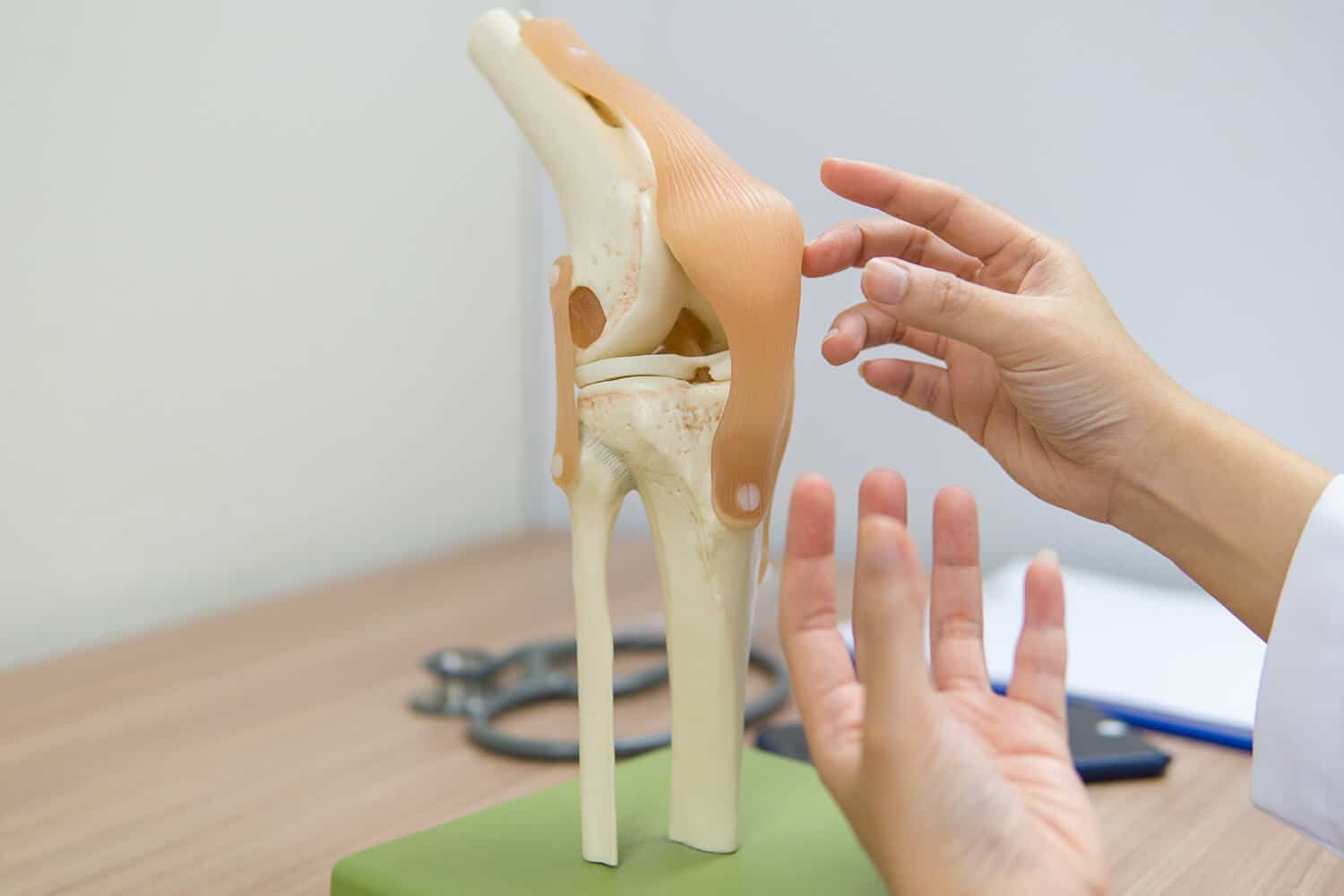In recent research and studies, researchers have finally found a striking connection between low bone density and heightened risk of developing dementia. This link sheds light on the significance of maintaining ideal bone health not only for physical well-being but also for cognitive abilities.
Understanding Low Bone Density
Low bone density, often recognized to as osteoporosis, is a condition where bones become frail and prone to fractures. This is a widespread apprehension, especially among older adults. Bones lose their thickness and strength periodically, making them more vulnerable to fractures and breaks.
The Silent Deterioration
What makes low bone density concerning that it starts developing silently. People are not usually aware of their failing bone health unless a fracture occurs. The slow but sure declining of bone density can take place without obvious indications, making it essential to deal with bone health proactively.
The Surprising Link to Dementia
Recent research has brought awareness to an unanticipated correlation between low bone density and an escalated risk of dementia. While the precise mechanisms are still being discovered, scientists believe that neglected bone health may lead to changes in the brain that amplify susceptibility to cognitive impairment.
Bone Health and Brain Health Connection
Bones and the brain might seem unconnected, but they share an exclusive link. Both bone and brain tissues exhibit are metabolically active, and any disproportion in one can possibly affect the other. The interaction between these two systems highlights the importance of adopting an integrated approach to health.
Food Intake That Supports Bone Density
A diet loaded with calcium, vitamin D, and phosphorus supports best bone density. Comprise dairy products, leafy greens, nuts, seeds, and nutrient-fortified foods.
Take ample protein for collagen formation; it is found in lean meats, fish, and legumes. Regular work out, particularly weight-bearing activities, complements a vitally enriched-diet for sustaining well-built and healthy bones.
How Low Bone Density Impacts the Brain
Studies propose that low bone density may contribute to an amplified production of provocative molecules that can negatively affect the brain. Chronic inflammation has been connected to different neurological disorders, including dementia. By dealing bone health, we may alleviate the risk of activating inflammatory procedures that influence cognitive function.
Taking a Proactive Approach
Maintaining bone fitness is not only about avoiding fractures but also protecting cognitive health. Simple living patterns, such as regular pressure-bearing exercises and a diet loaded in calcium and vitamin D, can lead to considerably to maximum bone density.
The Role of Nutrition
Nutrition plays a fundamental role in bone health. Taking a nutrition-packed diet containing calcium, found in dairy products, leafy greens, and other health-giving foods, delivers the vital building blocks for strong bones. Vitamin D, obtained through sunlight exposure and specific foods, supports calcium absorption, boosting overall bone health.
Weight-Bearing Exercises
Involving in weight-bearing workouts including walking, jogging, and resistance training, assists kindle bone construction and keep up density. These activities not only improve physical vigor but also lead to a healthier skeletal system.
The Importance of Regular Check-Ups
Regular check-ups and bone density evaluations become important, especially as individuals age. Timely detection of low bone density enables for timely interventions, curtailing the risk of fractures and possible implications on cognitive health.
The bond between low bone density and a higher possibility of dementia underscores the need for a inclusive approach to health. By giving priority to bone health through right nutrition, workout, and routine check-ups, people can not only diminish the risk of fractures but also lead to the overall health of their cognitive vitality. Discerning the co-dependency of bone and brain health unlocks avenues for preventive measures that can certainly affect the quality of life as we age.




